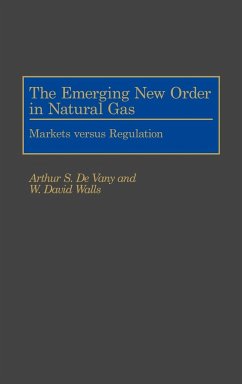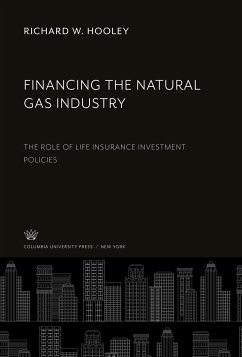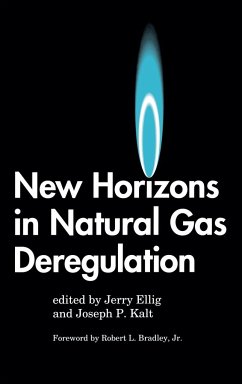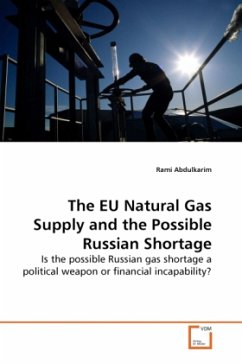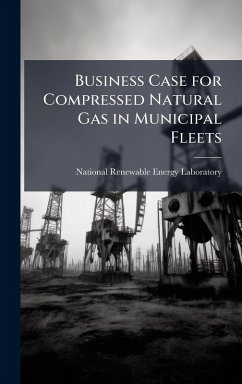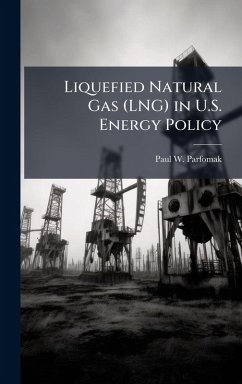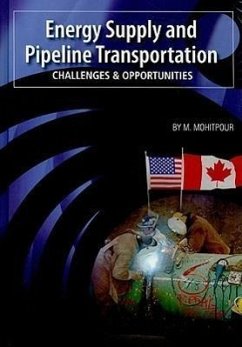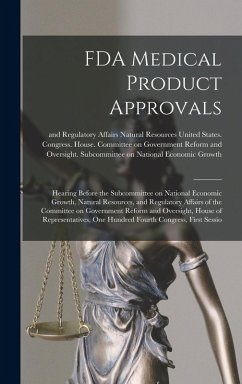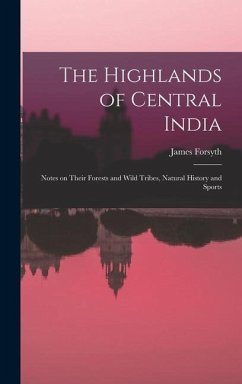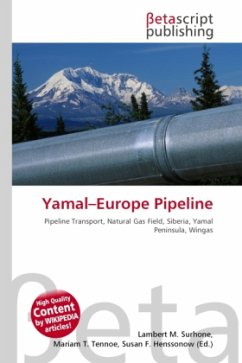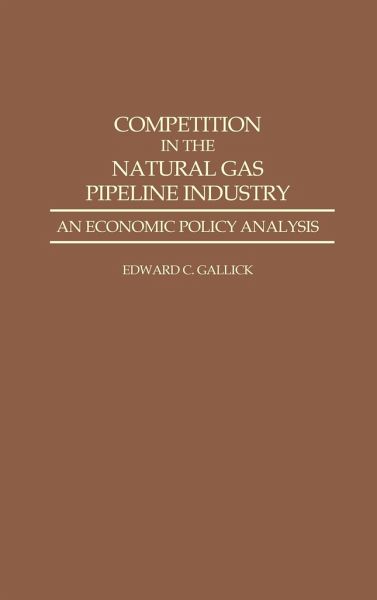
Competition in the Natural Gas Pipeline Industry
An Economic Policy Analysis
Versandkostenfrei!
Versandfertig in 1-2 Wochen
88,99 €
inkl. MwSt.

PAYBACK Punkte
44 °P sammeln!
This work considers the potential effects of competition in the natural gas pipeline industry. Contrary to published studies and government reports, this study concludes that federal regulation in the industry is no longer necessary to limit the market power of current pipeline suppliers. Rather, potential entry by nearby suppliers--a competitive factor largely ignored in most economic analyses--will promote competition in most major markets. The purpose of the work is two-fold: to quantify the competitive effect of potential market entry by natural gas suppliers; and to demonstrate that any i...
This work considers the potential effects of competition in the natural gas pipeline industry. Contrary to published studies and government reports, this study concludes that federal regulation in the industry is no longer necessary to limit the market power of current pipeline suppliers. Rather, potential entry by nearby suppliers--a competitive factor largely ignored in most economic analyses--will promote competition in most major markets. The purpose of the work is two-fold: to quantify the competitive effect of potential market entry by natural gas suppliers; and to demonstrate that any industry analysis which fails to consider this competitive factor is likely to be in error. This compilation and analysis of market-by-market data on current deliveries by pipeline, location of nearby deliveries, and location of nearby pipelines which make no deliveries will be of interest to scholars, policymakers, and industry analysts concerned with competitive, antitrust, and regulatory issues.



